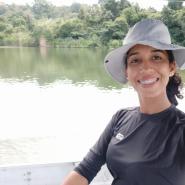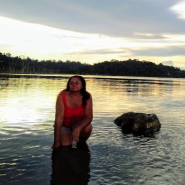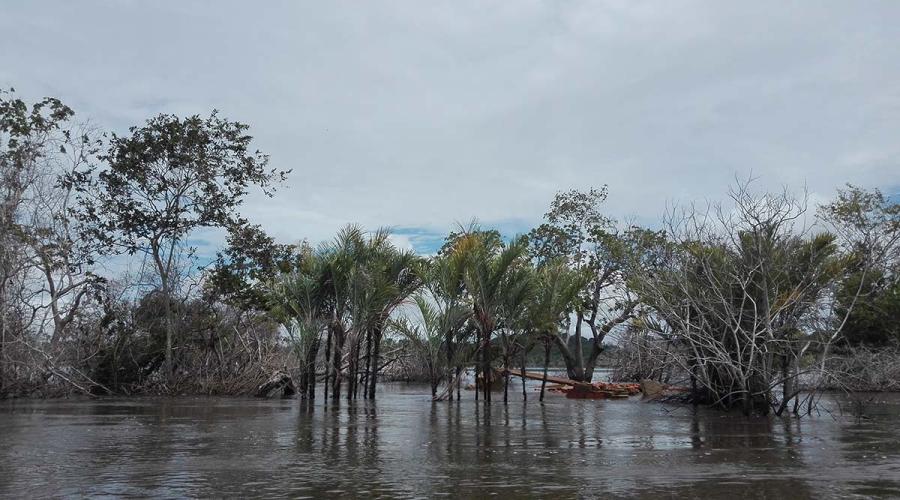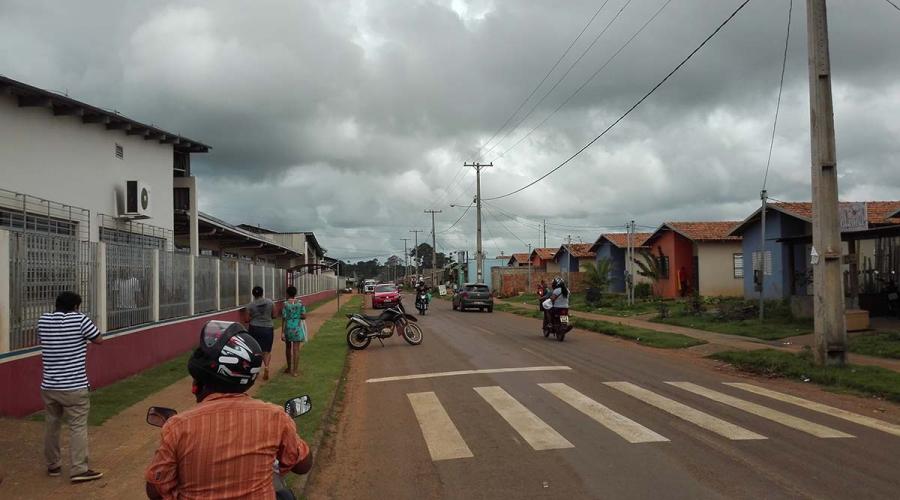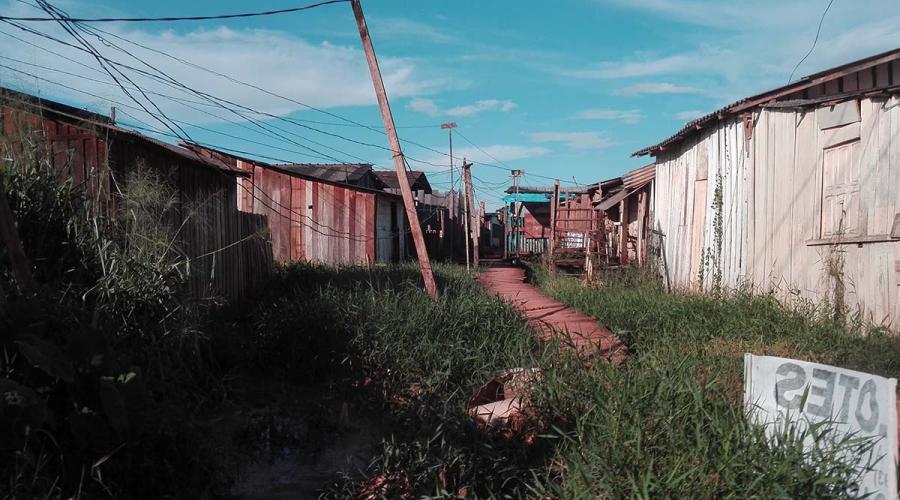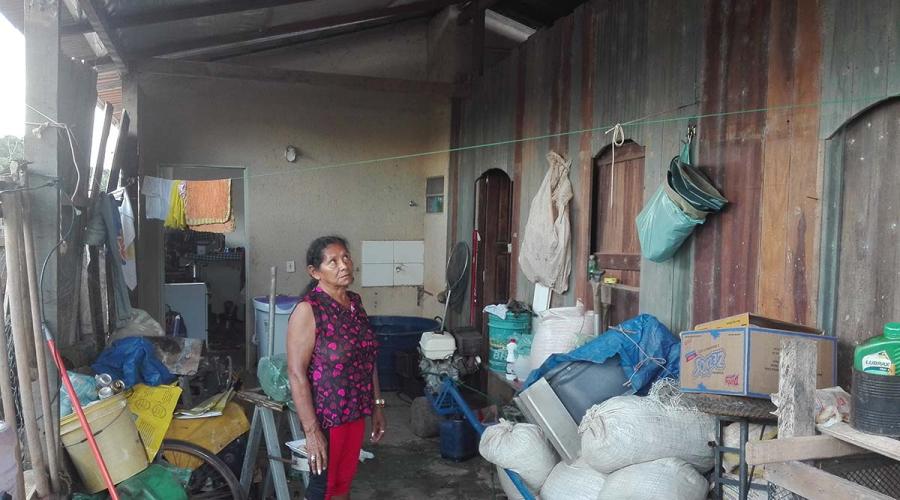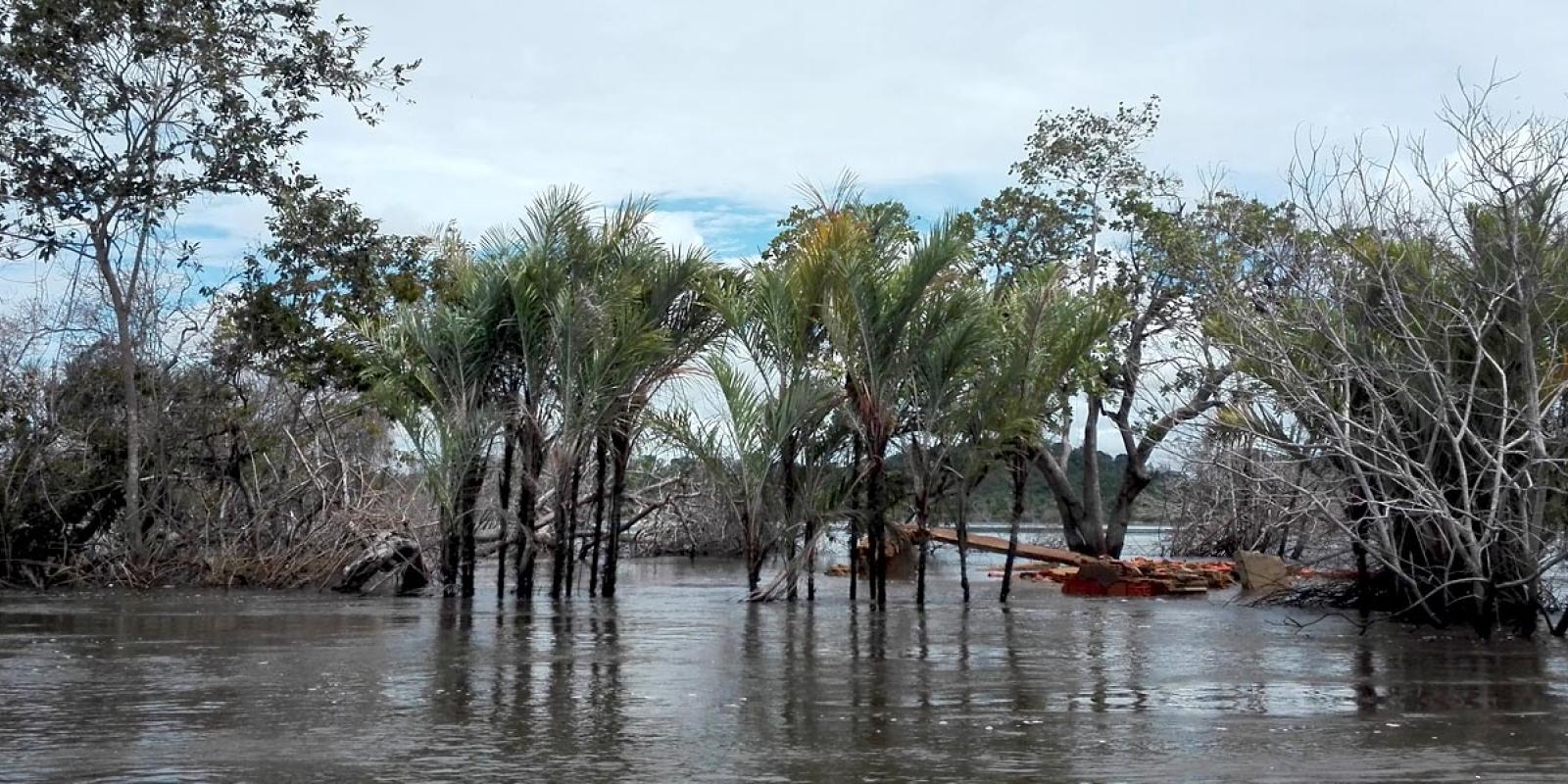
This project is located in the Brazilian Amazon Forest at the Xingu River. The Xingu River was dammed by Belo Monte Hydropower dam, a very controversial dam with a long history of social movement, environmentalists and indigenous people fighting against.
The creation of the reservoir displaced many riverine families and have decreased the number of fish in that stretch of the river. Riverine women have resettled to the city of Altamira, consequently losing their livelihood, the access to the river and the forest, becoming even more marginalized and dependent on their partners.
Rationale
Belo Monte dam, a controversial hydropower that was constructed in the Xingu River, displacing and resettling many riverine families from their homes. The disruption of the water's natural course have affected the livelihood of those dependent on the natural resources to survive, also the fauna and flora. Riverine people have lived for many generations in the riverbank of rivers in the Amazon Forest, they carry a singular relationship and respect with the forest. Resettling these folks to an urban area, has not only disconnected them from their traditional livelihood, but have marginalized this community even more than before.
Strategy
The aim is to co-create and co-design revitalization strategies and plans for the riverine families to sustain themselves economically using the natural resources found in the reservoir area. The objective of this new social-economic approach is to sustain the riverine communities' in this new environment where they rebuilt their livelihood by living together with nature as it has been done for generations.
Methods
Ethnographic and go-along are the methods chosen for this project. With the go-along method, the researcher is able to emerge in the daily lives of the local community and through life experiences. The data collection is through collaborators interpretations, histories, stories and feelings. These collaborators are the riverine families living in Altamira, but also the older generation that are alive residing in the riverbanks of another river.
The data collection for mapping is also by go-along method, together with the riverine women collecting essential information to understand the riverine people's livelihood and way of living in the area. Where important trees are located, the quality of the soil, animal tracks and fish quantity.

